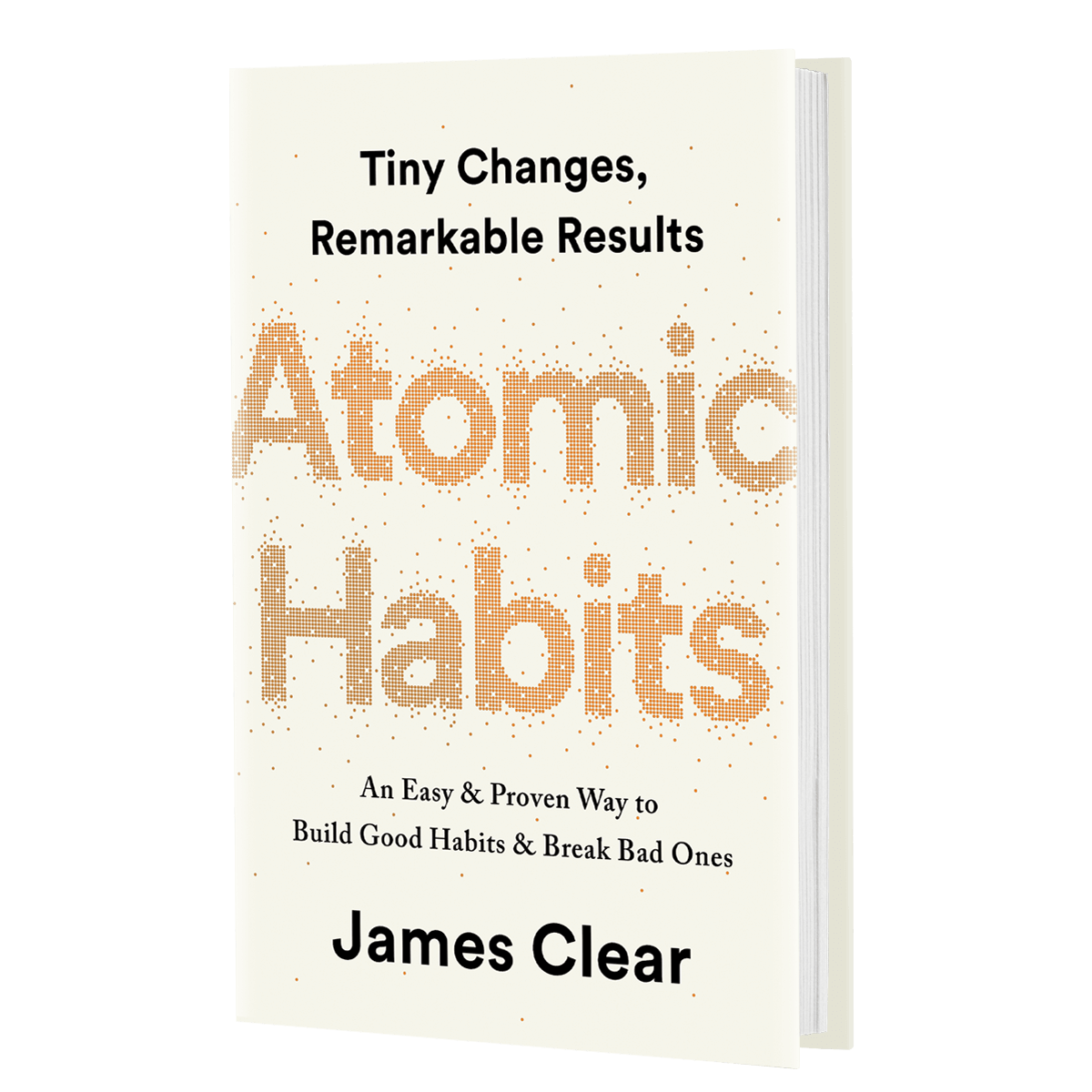What is addiction with the mind. Whenever a thought comes in the mind, we run away with the thought. we are addicted to each thought that the mind brings forth. Without knowing we are flying like a kite in the wind or a flotsam on the sea. This is addiction with the mind.
What if you're doing something important and you have to focus? Is there a way to break this addiction to the mind? There is a way to focus here. You can always build a refuge for focus in your breath.
Whenever you want to focus, start by sitting comfortably and breathing in and out and counting 1. Do this till 8 and then back to 1. In between if you notice that the mind has wandered bring the attention back to breathing and start from 1. By the time you're done you will have gathered your attention and then you can start focusing.
In between thoughts come, you can always tell your mind, not now and keep focusing on the breath. You will see that cravings will rise and fall, thoughts will come and go, but just keep focusing on the breath. This way you can always come back to your breath for focus whenever you feel distracted.
One thing to remember here is that you cannot always ignore the thoughts, but you can temporarily say, not now and continue with what you're doing. Later when you're free and have some spare time, you can ride the urgent thought waves you have been putting away for later and be mindful of what they're trying to tell. That way during the times of focus, they will not make their presence felt urgently.
This might seem like something difficult or unrealistic but it is very true. To create a habit with these, you can always use the habit formation rules of make it obvious, make it attractive, make it easy and make it rewarding. Also remember any habit change is a change of identity. So give enough votes to this new identity of meditator, so that the identity is solidified.
What if you're doing something important and you have to focus? Is there a way to break this addiction to the mind? There is a way to focus here. You can always build a refuge for focus in your breath.
Whenever you want to focus, start by sitting comfortably and breathing in and out and counting 1. Do this till 8 and then back to 1. In between if you notice that the mind has wandered bring the attention back to breathing and start from 1. By the time you're done you will have gathered your attention and then you can start focusing.
In between thoughts come, you can always tell your mind, not now and keep focusing on the breath. You will see that cravings will rise and fall, thoughts will come and go, but just keep focusing on the breath. This way you can always come back to your breath for focus whenever you feel distracted.
One thing to remember here is that you cannot always ignore the thoughts, but you can temporarily say, not now and continue with what you're doing. Later when you're free and have some spare time, you can ride the urgent thought waves you have been putting away for later and be mindful of what they're trying to tell. That way during the times of focus, they will not make their presence felt urgently.
This might seem like something difficult or unrealistic but it is very true. To create a habit with these, you can always use the habit formation rules of make it obvious, make it attractive, make it easy and make it rewarding. Also remember any habit change is a change of identity. So give enough votes to this new identity of meditator, so that the identity is solidified.
